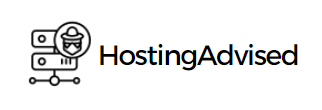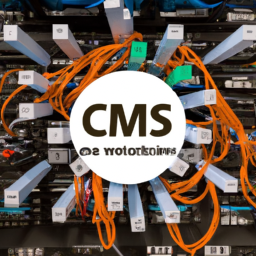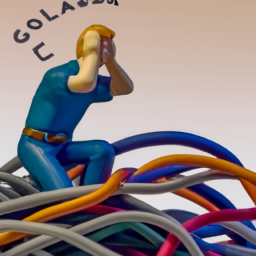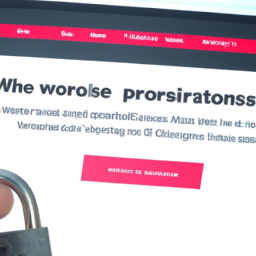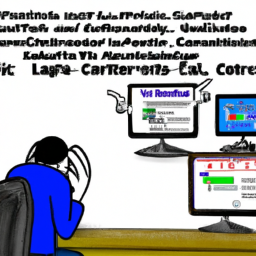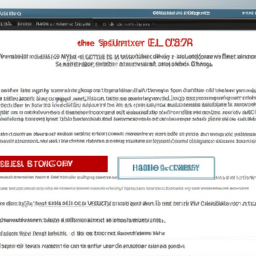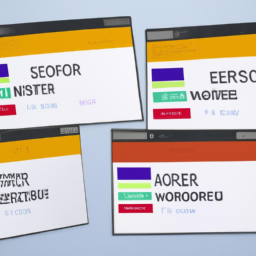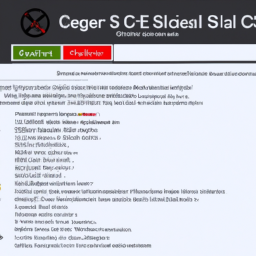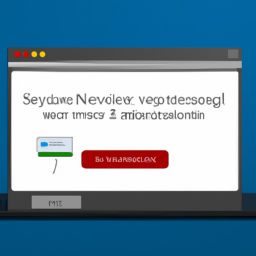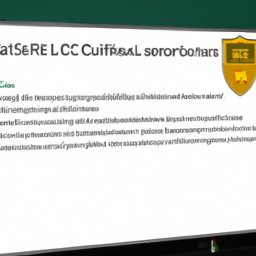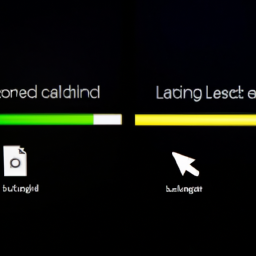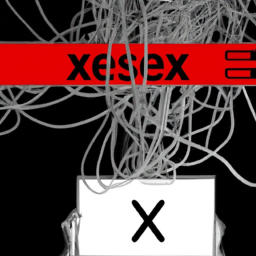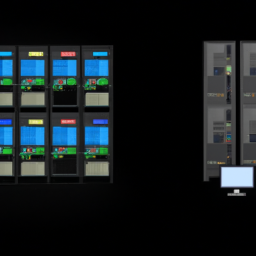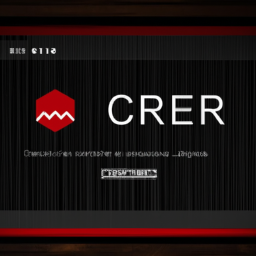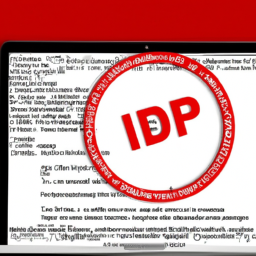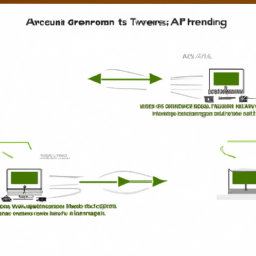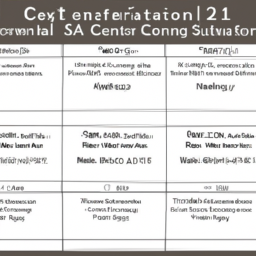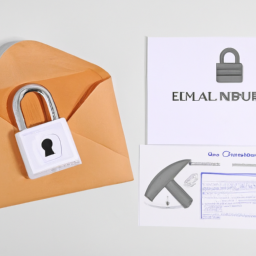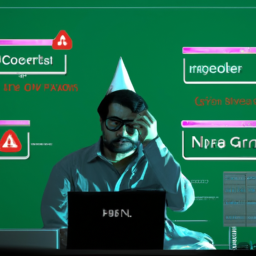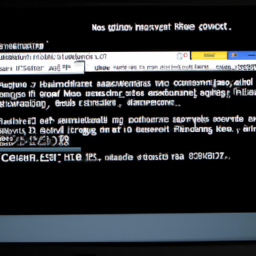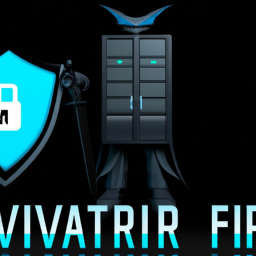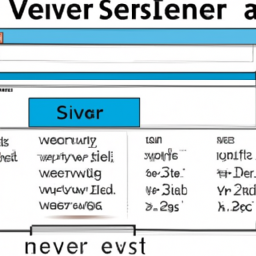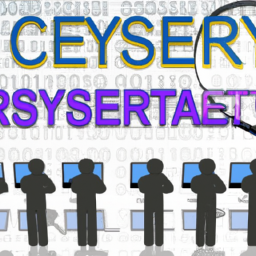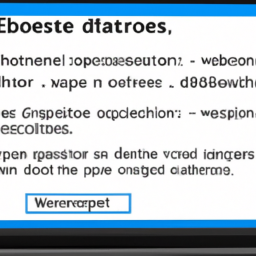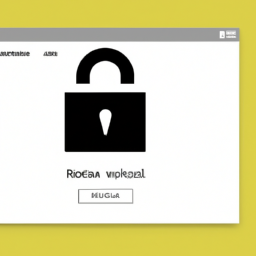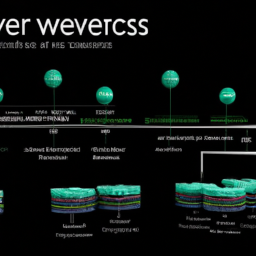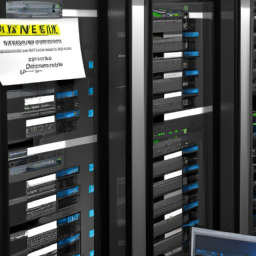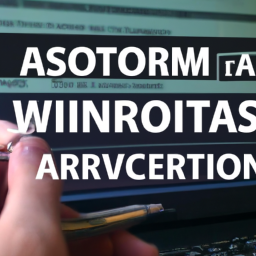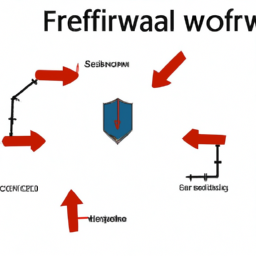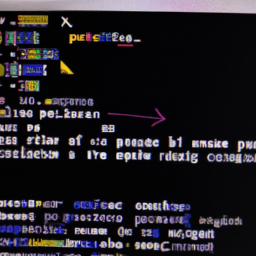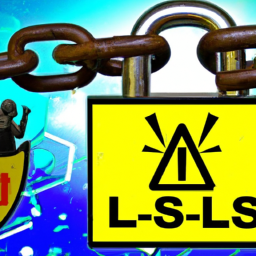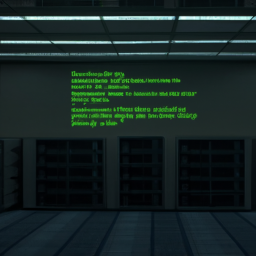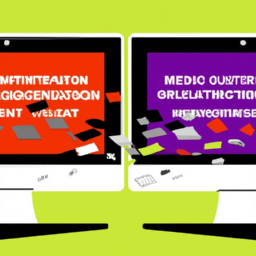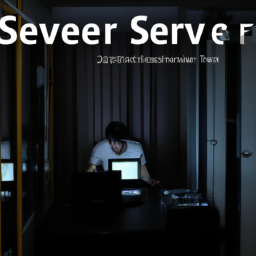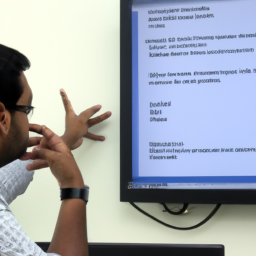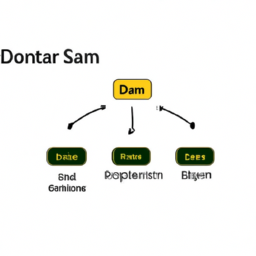Picture a web hosting service as the engine that powers your website. Now imagine a CMS, or Content Management System, as the steering wheel that allows you to effortlessly navigate and control your website’s content. When these two powerful tools come together seamlessly, magic happens.
In the world of web hosting, compatibility with CMS platforms is like the perfect harmony between an artist and their instrument. It unlocks a world of possibilities, allowing you to unleash the full potential of your website. With CMS compatibility, you can effortlessly manage and update your website, create stunning designs, and optimize your online presence for success.
In this article, we will explore the importance of CMS compatibility in web hosting, the benefits it offers, and how to choose the right CMS for your needs. Get ready to embark on a journey that will empower you to maximize the power of CMS compatibility in web hosting.
Key Takeaways
- CMS compatibility is crucial for maximizing the potential of web hosting
- CMS compatibility simplifies content management and updates for non-technical users
- Choose a hosting provider that supports your specific CMS platform
- Migrating to a hosting provider compatible with your CMS requires proper planning and testing
Understanding the Role of CMS in Website Management
Understanding the role of CMS in website management is crucial for unlocking the full potential of web hosting.
CMS, or Content Management System, allows website owners to create, edit, and manage their website content easily.
One of the advantages of using CMS in website management is its user-friendly interface, which enables even non-technical users to update their websites effortlessly.
Additionally, CMS offers a wide range of plugins and themes that can enhance the functionality and design of a website.
To optimize CMS compatibility in web hosting, it is important to choose a hosting provider that supports the CMS platform you’re using and offers features specifically designed for CMS websites.
Furthermore, regularly updating your CMS and plugins, optimizing website speed, and implementing security measures are essential tips for ensuring smooth and efficient CMS compatibility in web hosting.
Transitioning to the subsequent section about the benefits of CMS compatibility in web hosting, it’s evident that harnessing the power of CMS compatibility can revolutionize your website management experience.
Benefits of CMS Compatibility in Web Hosting
Ironically, harnessing the magic of CMS compatibility in hosting can bring a plethora of perks. When it comes to web hosting, having CMS compatibility can give you a significant advantage. Here are five reasons why it’s important:
-
Seamless Integration: CMS compatibility allows for a seamless integration between your website and the hosting platform, ensuring smooth performance.
-
Enhanced Security: With CMS compatibility, you can easily implement security measures and keep your website safe from potential threats.
-
Easy Content Management: CMS compatibility simplifies the process of managing your website’s content, making it effortless to update and modify.
-
Scalability and Flexibility: CMS compatibility enables you to easily scale your website as it grows and adapt to changing needs.
-
Extensive Plugin Support: CMS compatibility opens the door to a wide range of plugins and extensions, allowing you to enhance your website’s functionality.
Now that you understand the advantages and importance of CMS compatibility, let’s delve into the next section about choosing the right CMS for your website.
Choosing the Right CMS for Your Website
When it comes to building your website, you’ll want to make sure you choose the perfect CMS that suits your needs and helps you create a stunning online presence effortlessly. The right CMS can significantly impact the success of your website, so it’s crucial to consider a few best practices when making your choice.
Firstly, evaluate the ease of use and customization options offered by the CMS. It should provide a user-friendly interface and allow you to personalize your website according to your preferences.
Secondly, consider the scalability and future growth potential of the CMS. Ensure it can accommodate your website’s expansion without any limitations.
Lastly, be aware of common pitfalls such as choosing a CMS with limited support or outdated features. By carefully considering these factors, you’ll be well on your way to selecting the ideal CMS for your website.
Moving on to evaluating CMS compatibility in web hosting providers, it’s essential to consider certain aspects…
Evaluating CMS Compatibility in Web Hosting Providers
Choosing the perfect web hosting provider for your CMS is like finding the missing puzzle piece that seamlessly connects all your website elements together. When evaluating CMS compatibility in web hosting providers, it is crucial to consider the specific requirements of your chosen CMS. Not all hosting providers support every CMS, so it is essential to ensure that your CMS of choice is compatible with the hosting provider you are considering. The best CMS for web hosting will depend on your individual needs and preferences, as well as the technical capabilities of the hosting provider. To help you make an informed decision, consider the following table:
| CMS | Hosting Provider A | Hosting Provider B | Hosting Provider C | Hosting Provider D |
|---|---|---|---|---|
| WordPress | Yes | No | Yes | Yes |
| Joomla | Yes | Yes | No | Yes |
| Drupal | No | Yes | Yes | Yes |
| Magento | No | No | Yes | Yes |
| Shopify | Yes | Yes | Yes | No |
By evaluating CMS compatibility, you can ensure that your website functions optimally with your chosen CMS and hosting provider. In the next section, we will discuss migrating your website to a CMS-compatible hosting provider seamlessly.
Migrating Your Website to a CMS-Compatible Hosting Provider
To seamlessly migrate your website to a hosting provider that fully supports your CMS, you’ll need to find the missing puzzle piece that effortlessly connects all your website elements.
Troubleshooting common issues in CMS migration is crucial for a smooth transition. First, ensure that your new hosting provider is compatible with your CMS platform by checking their supported CMS list.
Next, backup your website data and files to prevent any loss during the migration process.
Finally, test the functionality of your website on the new hosting provider before making the final switch. These steps will ensure a seamless website transition to a CMS compatible hosting provider.
By addressing these migration challenges, you can confidently move forward in maximizing the potential of CMS compatibility in web hosting.
Maximizing the Potential of CMS Compatibility in Web Hosting
Now that you’ve successfully migrated your website to a CMS-compatible hosting provider, it’s time to focus on maximizing its potential.
With CMS compatibility, you have the power to take your website to new heights. One way to do this is by customizing themes to reflect your brand’s unique identity and create a visually appealing user experience. CMS platforms offer a wide range of themes and templates that can be easily customized to suit your specific needs.
Additionally, optimizing performance is crucial for ensuring a smooth and fast-loading website. Take advantage of the various performance optimization tools and features provided by your CMS hosting provider to enhance speed, responsiveness, and overall user satisfaction.
By harnessing the power of CMS compatibility, you can create a website that not only looks great but also performs exceptionally well.
Frequently Asked Questions
What is CMS compatibility and why is it important in web hosting?
CMS compatibility refers to the ability of a web hosting provider to support different content management systems (CMS). It’s like having the perfect dance partner that effortlessly follows your lead. With CMS compatibility, you can easily manage your website using popular CMS platforms like WordPress, Joomla, or Drupal.
This brings numerous benefits, such as simplified content creation, improved website functionality, and enhanced security. To select the best CMS for your website, consider factors like ease of use, customization options, and community support.
How can I determine if a web hosting provider is compatible with my chosen CMS?
To determine if a web hosting provider is compatible with your chosen CMS, there are several factors to consider.
Firstly, check if the provider supports the specific CMS you want to use. Look for features like one-click CMS installations or pre-configured CMS hosting plans.
Additionally, ensure the hosting environment meets the CMS’s requirements, such as the server’s operating system and database compatibility.
It’s also important to consider the provider’s customer support and reputation within the CMS community.
Are there any additional costs associated with migrating my website to a CMS-compatible hosting provider?
When considering migrating your website to a CMS-compatible hosting provider, there are a few additional costs and considerations to keep in mind.
Firstly, there may be a fee associated with the migration process itself, as it can involve transferring files and databases.
Additionally, you may need to purchase a new hosting plan that supports your chosen CMS.
It’s also important to perform a compatibility check beforehand to ensure a smooth transition.
What steps should I take to ensure a smooth transition when migrating my website to a CMS-compatible hosting provider?
During website migration to a CMS compatible hosting provider, you may face common challenges such as data loss or compatibility issues. To ensure a smooth transition, make sure to:
- Backup your website’s data
- Install the CMS on your new hosting provider
- Test the website thoroughly before going live
After migration, optimize your website’s performance by:
- Regularly updating the CMS and plugins
- Optimizing images
- Implementing caching techniques
Following these best practices will help you maximize the benefits of CMS compatibility.
Can I still use plugins and extensions with my CMS on a compatible hosting provider?
Yes, you can still use plugins and extensions with your CMS on a compatible hosting provider. Using plugins and extensions can greatly enhance the functionality and features of your website.
A CMS compatible hosting provider offers a seamless integration with popular CMS platforms, allowing you to easily install and manage plugins and extensions. This ensures that you have access to a wide range of tools to customize and optimize your website according to your specific needs.
Conclusion
So there you have it, dear reader. You’ve now embarked on a journey to unleash the power of CMS compatibility in web hosting.
With the right CMS and hosting provider, you can conquer the realm of website management with ease. From the benefits of seamless integration to the joy of migrating to a CMS-compatible host, the possibilities are endless.
So go forth, my friend, and maximize the potential of CMS compatibility. Your website will thank you.
Happy hosting!
